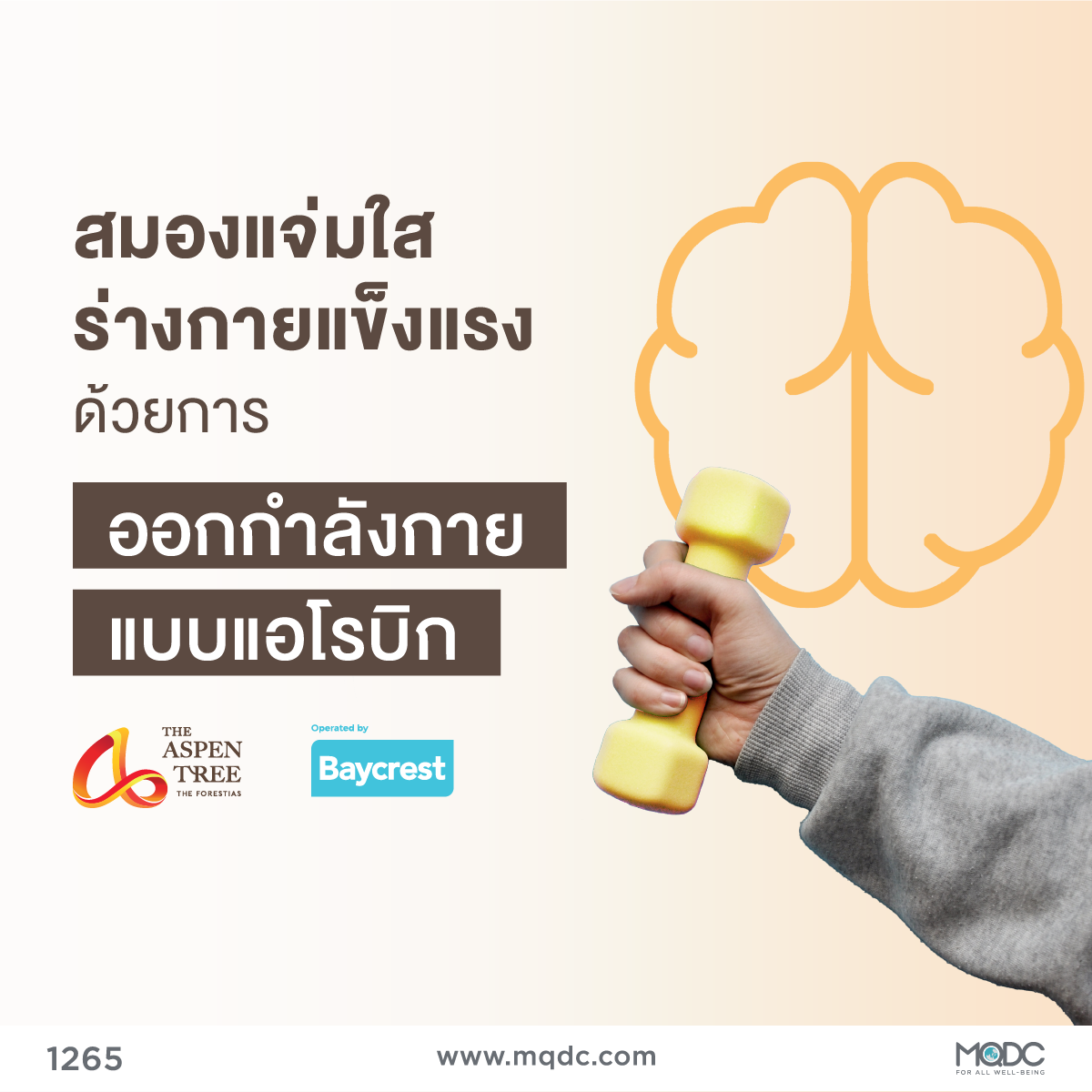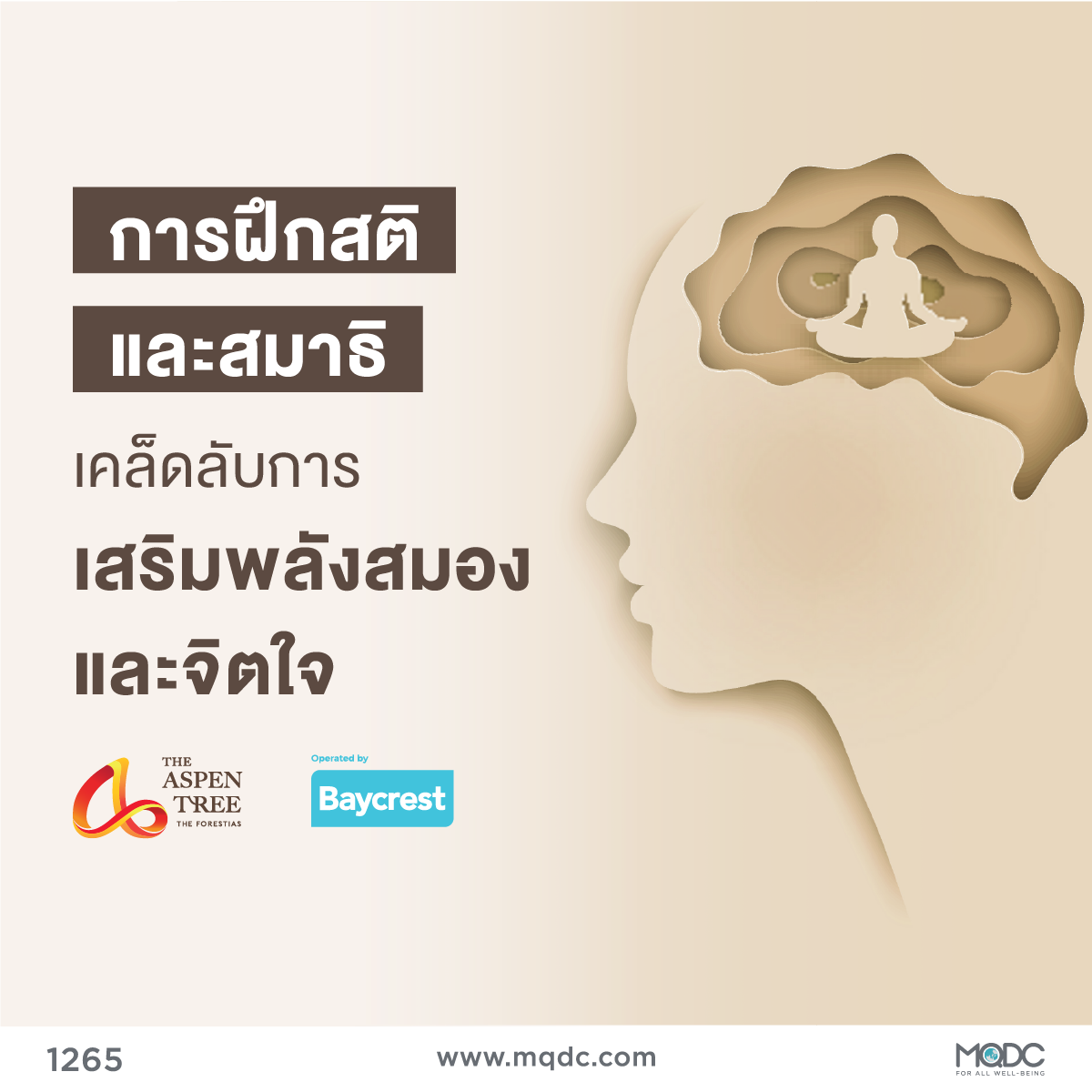How to Hear Better in Noisy Environments
Many older adults have difficulty isolating relevant sounds from background noise in day-to-day communication – for example, listening to a friend’s voice in a noisy restaurant. This reduced ability not only puts them at risk for social isolation, but also increases their chances of developing dementia. The Natural Sciences and Engineering Research Council (NSERC) has awarded two Baycrest scientists prestigious grants to improve our understanding of hearing and ways to preserve it as we age.
The scientists are leveraging their expertise in this area to tackle the issue from two unique angles. With his NSERC Discovery Grant, Dr. Björn Herrmann, Baycrest’s Canada Research Chair in Auditory Aging, will improve our understanding of how age-related changes in the brain can negatively impact our ability to pay attention to relevant sounds while ignoring background noises. “The results of this research will help people with hearing difficulties to better understand speech in noisy environments, allowing them to stay engaged in communication,” says Dr. Herrmann. “The findings may also be important in creating guidelines for the design of public spaces that are inclusive of all abilities.”
Senior Scientist Dr. Claude Alain’s NSERC Discovery Grant will allow him to examine how memory and prior knowledge impact a person’s listening ability across different conditions. With this work, Dr. Alain and his team will be some of the first to investigate whether our capacity to pay attention to relevant sounds depends largely on the brain, not the sounds themselves. Says Dr. Alain, “This will pave the way to develop training programs to improve listening skills regardless of hearing level, which will ultimately help older adults stay socially connected.”
Funding for Hearing Labs
Dr. Alain has also been awarded NSERC funding to develop a new laboratory to study the brain dynamics involved in listening. In this lab, scientists will be able to mix different environmental sounds and digitally create the sounds of a particular environment, such as the familiar city soundscape of Toronto. This lab will further enhance the momentum of research in this field at Baycrest, and will ultimately advance our understanding of links between hearing and how we understand and interact with our environment.
Protecting Brain Health with Hearing Aids
The Canadian Institutes of Health Research (CIHR) have granted Dr. Alain’s PhD student Maxime Perron a highly competitive three-year Doctoral Award to determine whether personal sound amplification products, which are inexpensive alternatives to hearing aids, can mitigate cognitive decline associated with hearing in older adults with mild to moderate hearing loss. “The results of this study will provide new information that can help protect the cognition of older adults with hearing loss who cannot afford conventional hearing aids, and especially those at risk of cognitive decline and dementia, helping to maintain their quality of life as they age,” says Dr. Alain.
Helping Visually Impaired Older Adults with Audiobooks and Podcasts
Dr. Herrmann has received an important five-year grant from the Social Sciences and Humanities Research Council of Canada (SSHRC) to examine how individuals with vision impairment experience auditory materials such as audiobooks and podcasts. Through this research, Dr. Herrmann and his team – including scientists from the Canadian National Institute for the Blind (CNIB) and the Université de Montréal, and RRI Senior Scientist and Norman and Honey Schipper Chair in Gerontological Social Work, Dr. Amanda Grenier – will help facilitate the development of guidelines and recommendations about the types of auditory materials that are most engaging for the increasing number of older adults with impaired vision. Says Dr. Herrmann, “Our findings will make it possible to maximize the beneficial social and psychological effects of leisurely reading for this group.”
Boost Your All-Round Health at 50+ at The Aspen Tree in The Forestias Operated by Baycrest with Holistic Lifetime Care
Stay safe, well, and strong at 50+ in a residential community designed in every aspect for your physical, mental, and brain health. Give yourself the best environment where health professionals boost quality of life for older adults. Live life to the full, with meaning, without worry. This concept inspires The Aspen Tree at The Forestias, designed and developed with research leaders and Canada’s world-leading Baycrest Crest to meet every need of older adults. You can live in a multigeneration community in The Forestias with comprehensive health and care (Holistic Lifetime Care). Full facilities and the Health & Wellness program enhance your lifestyle with activities such as yoga, swimming, singing, playing music, meditation, outdoor activities, hydrotherapy, and much more to keep your body, mind, and brain in great shape.
The Aspen Tree at The Forestias also has a Health & Brain Center to safeguard your health and wellness. The center’s experts can delay the onset of dementia and provide care to overcome brain and memory problems. A team of healthcare specialists is on hand 24 hours a day to keep you safe and well in every aspect.
Live free from cares in the free time of live... Let’s find the perfect life together.
Find out more CLICK https://mqdc.com/aspentree
Call 1265
LINE OA: @TheAspenTree or CLICK https://mqdc.link/3Emhkde
Source:









